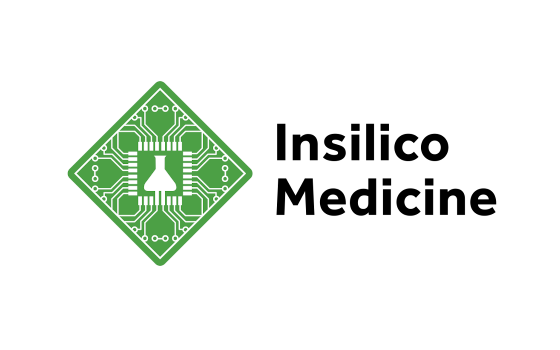 Insilico Medicine ("Insilico"), a clinical-stage end-to-end generative artificial intelligence (AI)-driven drug discovery company, today announced that the U.S. Food and Drug Administration (FDA) has granted Orphan Drug Designation to INS018_055 for the treatment of Idiopathic Pulmonary Fibrosis (IPF).
Insilico Medicine ("Insilico"), a clinical-stage end-to-end generative artificial intelligence (AI)-driven drug discovery company, today announced that the U.S. Food and Drug Administration (FDA) has granted Orphan Drug Designation to INS018_055 for the treatment of Idiopathic Pulmonary Fibrosis (IPF).
INS018_055 is a potentially first-in-class small molecule inhibitor discovered by Insilico's generative AI platform, Pharma.AI, for the treatment of idiopathic pulmonary fibrosis (IPF), a chronic lung disease that causes progressive and irreversible decline in lung function and represents a significant unmet medical need worldwide. As the disease progresses, damage to the patient’s lungs increases and respiratory function is compromised, often with severe consequences.
"We are pleased to announce that Insilico has achieved numerous drug discovery milestones and provided new clinical hope using generative AI," said Alex Zhavoronkov, Ph.D., Founder and CEO of Insilico Medicine. "We are progressing the global clinical development of the program at top speed to allow patients with fibrotic diseases to benefit from this novel therapeutic as soon as possible."
In February 2021, Insilico Medicine nominated INS018_055 as the preclinical candidate (PCC) for IPF. This is the first wholly owned program of the Company in which AI was used both to identify a novel target and to generate novel small molecules. The enrollment for the INS018_055 Phase I clinical trial was initiated in New Zealand in February 2022 and in China in May 2022. Both of the clinical trials were completed in 2022. Top-line data from the Phase I clinical trial indicated that the drug candidate has a favorable safety, tolerability, and pharmacokinetic profile. Insilico plans to initiate a global multicenter Phase II clinical trial in early 2023.
"Our commitment to treating patients with idiopathic pulmonary fibrosis is reflected in the FDA’s decision to grant orphan drug designation to INS018_055," said Sujata Rao M.D., Senior Vice President, Head of Clinical Development at Insilico Medicine. "We are working to advance novel treatment for IPF as we continue clinical investigation into this devastating disease."
The FDA's Orphan Drug Designation program supports the development and evaluation of drugs that address rare diseases which affect fewer than 200,000 people in the United States. Receiving orphan drug designation from the FDA facilitates the subsequent development and commercialization of INS018_055 that comes with the designation, including eligibility for federal grants, tax credits for qualified clinical trials, prescription drug user fee exemptions, and a seven-year marketing exclusivity period upon FDA approval.
"INS018_055 is a potential first-in-class drug candidate discovered by Insilico's generative AI platform, Pharma.AI," said Feng Ren, Ph.D., Co-CEO and Chief Scientific Officer of Insilico Medicine. "The FDA's orphan drug designation for the IPF indication is an important milestone in the development of INS018_055. Insilico scientists are now further advancing clinical validation and accelerating the project to meet clinical needs and benefit patients worldwide."
Drug discovery is a lengthy and risky process. Throughout the multi-year AI-powered drug discovery process, Insilico Medicine has recorded and compiled a large amount of documentary footage and multimedia content produced by the Company and its partners worldwide. This footage is now available to documentary filmmaking teams, individual film makers, and students via the Documentary Hackathon ("Docuthon"). Prospective participants are invited to enroll in the Docuthon by submitting their applications via the Docuthon page.
About Insilico Medicine
Insilico Medicine, a clinical stage end-to-end artificial intelligence (AI)-driven drug discovery company, is connecting biology, chemistry, and clinical trials analysis using next-generation AI systems. The company has developed AI platforms that utilize deep generative models, reinforcement learning, transformers, and other modern machine learning techniques for novel target discovery and the generation of novel molecular structures with desired properties. Insilico Medicine is developing breakthrough solutions to discover and develop innovative drugs for cancer, fibrosis, immunity, central nervous system diseases, infectious diseases, autoimmune diseases, and aging-related diseases.